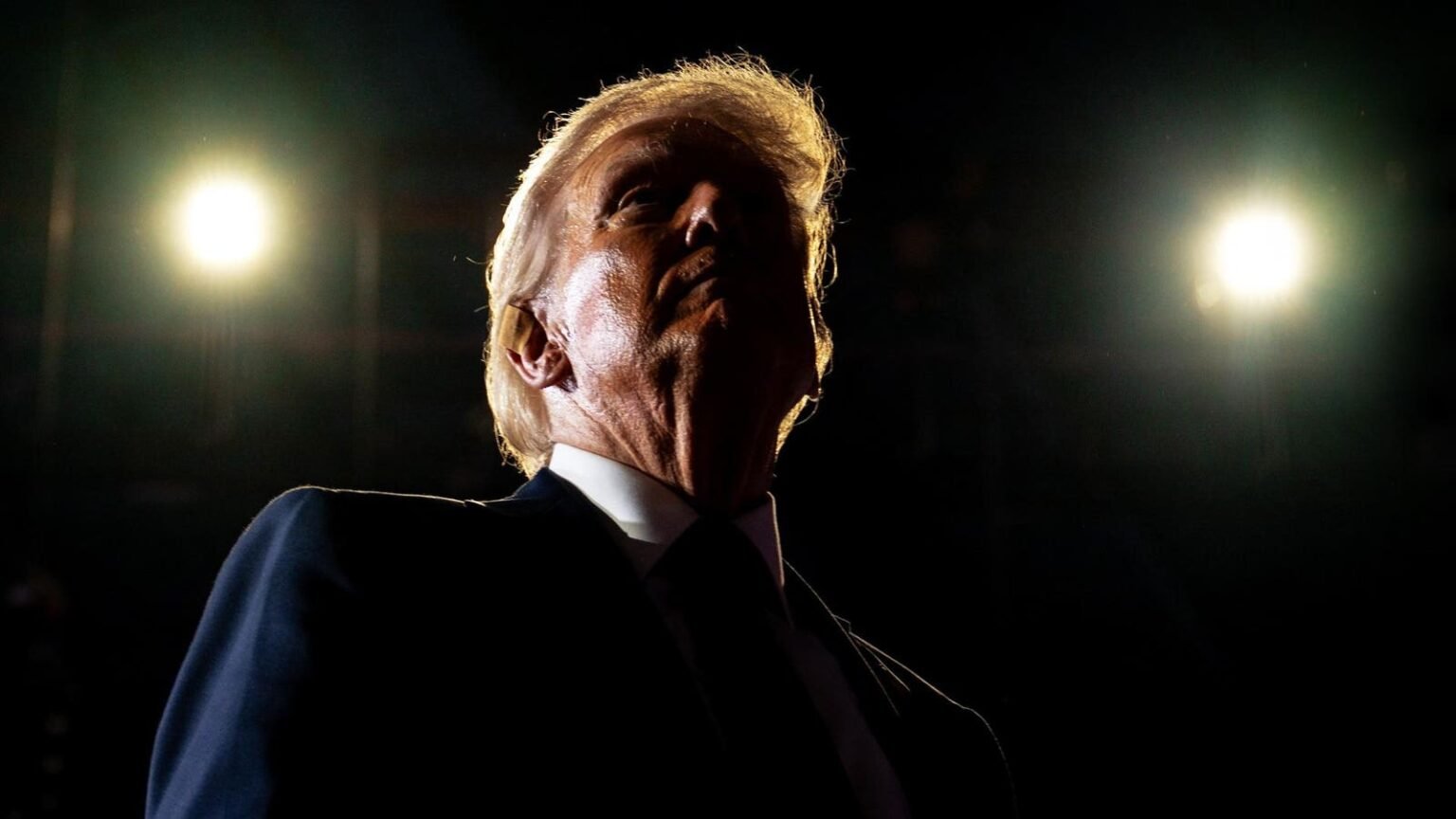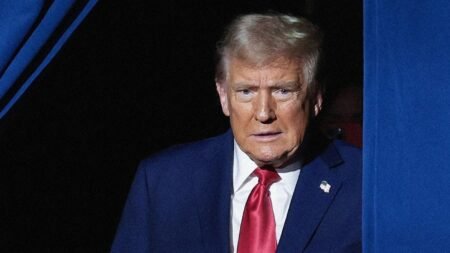Despite the challenges faced by Trump’s businesses during his presidency, his decision to hold onto his private businesses while in office proved to be lucrative. From 2017 to 2020, his businesses generated about $550 million in revenue, allowing him to maintain his lifestyle, pay off debts, and continue to improve his properties. This income was crucial for Trump, who had already earned a significant amount before becoming president. However, an in-depth analysis of his operating income during his time in office had remained elusive until recently.
In 2017, shortly after winning the 2016 election, Trump settled a $25 million lawsuit related to his for-profit education enterprise, which wiped out 15% of his estimated annual profit. Despite this setback, he was able to list a $25 million loss for Trump University on his tax filings, saving him a significant amount in taxes. In 2018, although politics drove away partners from the Trump brand, his investments in office buildings in New York City and San Francisco proved to be profitable, with his share of the profits reaching about $55 million, accounting for a significant portion of his estimated operating income.
In 2019, Trump’s businesses stabilized, but weak spots remained, especially in liberal-leaning city centers. Income dropped at properties such as Trump Tower and 40 Wall Street in New York City, while his Chicago hotel went from a slight profit to a loss. The most polarizing hotel in the world, located in Washington D.C., also experienced mounting losses. The year 2020 brought additional challenges for Trump’s businesses, as his hotels lost an estimated $23 million, nearly erasing the $30 million they had earned from 2017 to 2019. The licensing and management business also suffered, shrinking from an estimated $29 million in 2017 to just $4.5 million in 2020.
Throughout his presidency, Trump’s decision to maintain his private businesses allowed him to continue generating income and maintaining a certain lifestyle. Despite facing challenges such as lawsuits and the impact of the COVID-19 pandemic on his businesses, Trump’s investments in properties such as office buildings proved to be profitable. As he looks to potentially reclaim the White House, questions remain about the extent of his profits during his first term as president. An in-depth accounting of his operating income during his time in office has shed light on the financial success he achieved while serving as the 45th president of the United States.












